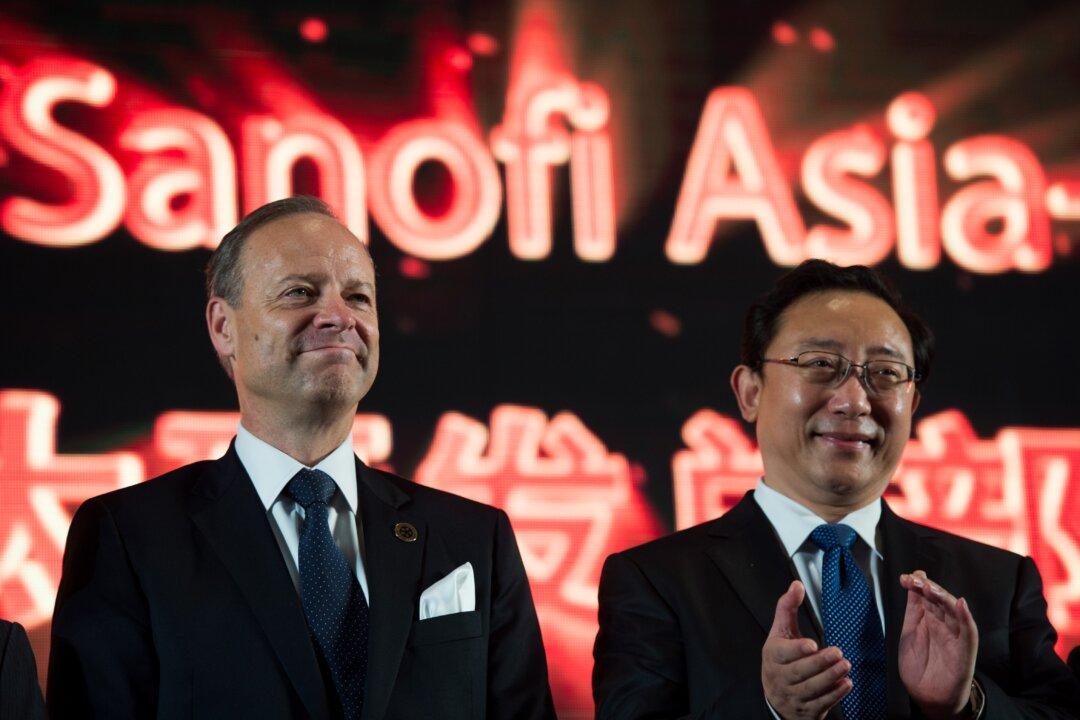President of China’s Nankai University Cao Xuetao is under investigation for suspected data fabrication after an American scientist pointed out possible image duplications in many of the scientific papers Cao co-authored.
On Nov. 14, Dr. Elisabeth Bik, who specializes in research integrity and misconduct, claimed on PubPeer and Twitter that she found suspicious duplications when reviewing papers by “a big-name professor who is a Chinese Academician and president of a top tier Chinese university.”





